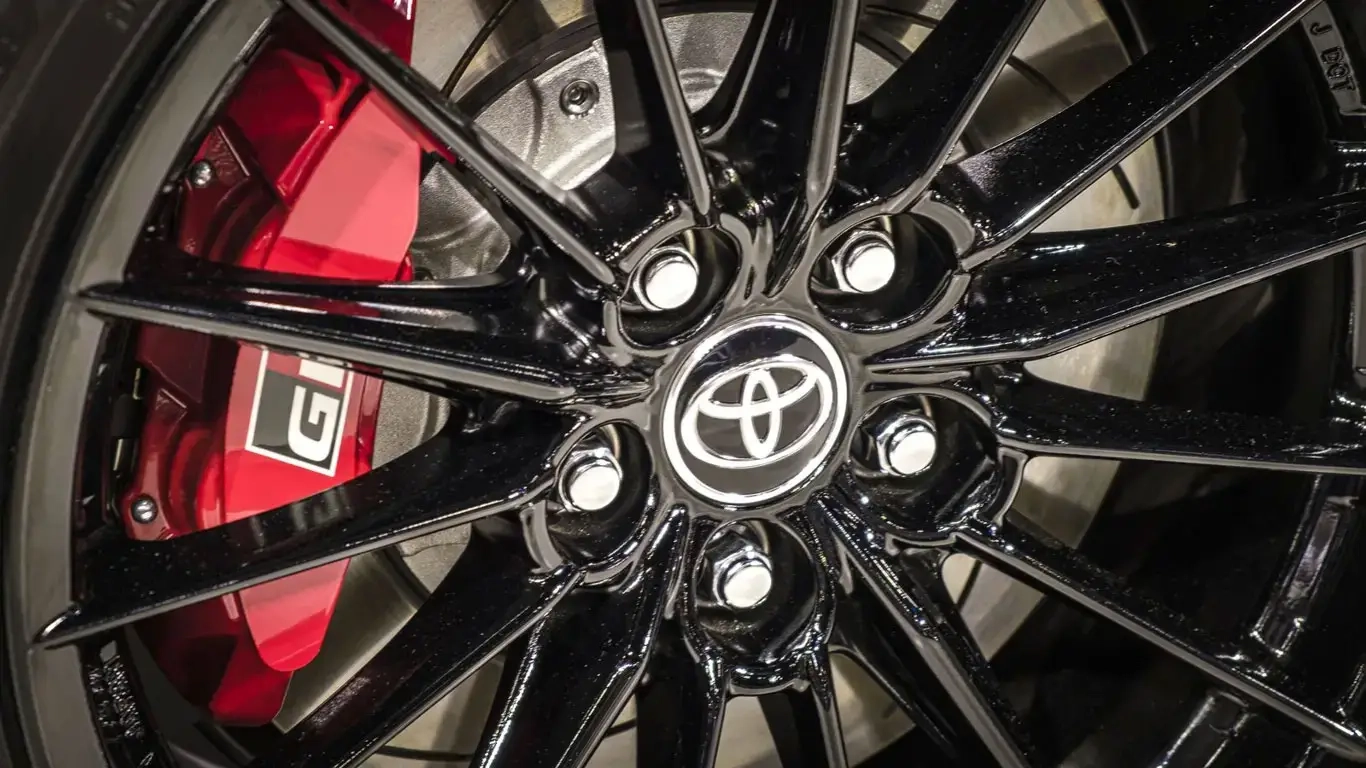Toyota’s solid-state batteries promise 1,200 km EV range


Toyota’s solid-state batteries target 1,200 km range, lighter packs and quicker power. First arriving in 2028 on a Lexus EV, with 75% lower lifecycle CO2.
Toyota’s solid-state batteries promise meaningful gains for the next wave of electric vehicles, combining high energy efficiency with compact packaging. The technology aims for high specific power, delivering substantial energy even in smaller battery formats. Trimming the size of the pack should reduce overall vehicle weight and free up more cabin space, improving passenger comfort and everyday usability.
On top of that, SSB technology could extend single-charge range to an impressive 1,200 kilometers, markedly boosting driving autonomy. The rollout will be gradual, beginning in 2028, and initially limited to premium models and performance variants due to high early production costs.
The first model to adopt the batteries will most likely be a sporty Lexus EV, chosen to showcase the system’s potential, where performance and dynamics carry particular weight. It’s a logical play: halo cars best highlight the benefits of lighter packs and stronger power delivery before wider adoption.
Beyond the spec sheet, solid electrolytes should also strengthen the brand’s sustainability profile. Extending the service life of lithium batteries is projected to cut total lifecycle CO₂ emissions by roughly 75 percent, thanks to less frequent replacements and a lower need for rare elements used in conventional cells. If these targets hold in series production, the environmental upside could prove as compelling as the performance gains.